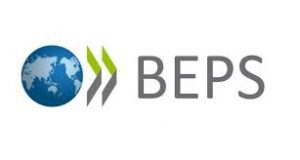Base Erosion And Profit Shifting:

The 16th meeting of the OECD/G20 Inclusive Framework on Base Erosion and Profit Shifting (BEPS) concluded
- An inclusive framework on BEPS is finalizing negotiations on Pillar One, while the Global Minimum Tax under Pillar Two is being implemented in countries globally
- The OECD/G20 Inclusive Framework on BEPS, with 147 countries and jurisdictions including India, fights tax avoidance and promotes fair tax practices through a Two-pillar approach: Pillar One reallocates profits of large MNEs, while Pillar Two establishes a Global Minimum Corporate Tax of 15%.
- This framework ensures fairness in tax systems, addresses tax avoidance, and adapts to evolving business models and digital economies.
BEPS:
- It refers to corporate tax planning strategies used by multinationals to shift profits from higher-tax jurisdictions to lower or no-tax jurisdictions.
- The OECD defines BEPS strategies as exploiting gaps and mismatches in tax rules.
- It erodes the tax base (costing countries USD 100-240 billion in lost revenue annually) of the higher-tax jurisdictions.
- As developing countries have a higher reliance on corporate income tax, they suffer from BEPS disproportionately.




